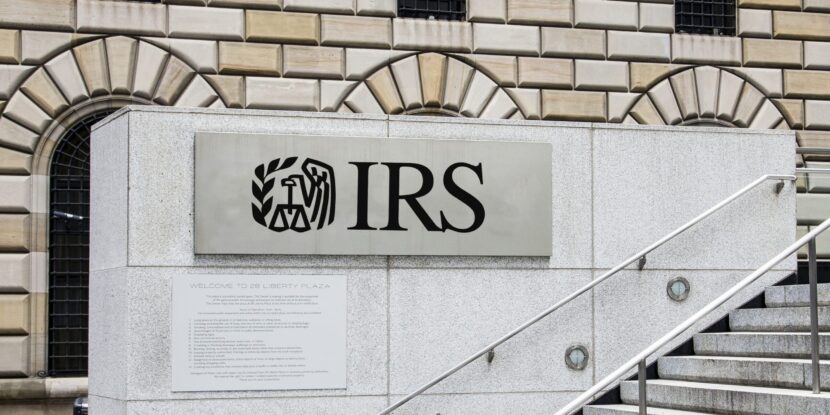❓WHAT HAPPENED: Internal Revenue Service (IRS) officer Niki Wilkinson was terminated after public LinkedIn posts surfaced criticizing the Trump administration and Republicans.
👤WHO WAS INVOLVED: Niki Wilkinson, the Internal Revenue Service (IRS), President Donald J. Trump, and Republican lawmakers.
📍WHEN & WHERE: Friday, September 5, 2025.
💬KEY QUOTE: “Such a farce! Interesting how Senators outside the IRS are fear mongering and falsely describing the work.” – Niki Wilkinson
🎯IMPACT: The incident highlights continued scrutiny over IRS practices and political bias allegations.
Niki Wilkinson, a now-former Internal Revenue Service (IRS) employee, has been fired after LinkedIn posts trashing President Donald J. Trump and Republican lawmakers surfaced. The IRS officer’s social media posts attacked the President and his Republican allies on Capitol Hill over the firing of former IRS official Holly Paz, a central figure in a Barack Obama-era scandal involving politically motivated audits of conservatives.
In her LinkedIn posts, Wilkinson accuses Trump and Republican lawmakers of “fear mongering” and misrepresenting Paz’s actions. During the Obama administration, Paz served as deputy to Lois Lerner, the IRS Director for Exempt Organizations. In May 2013, Lerner was placed on administrative leave after Congressional investigators revealed she had used audits of pass-through businesses to target conservative business owners. Paz, however, remained in her role at the IRS following the scandal and Lerner’s resignation in September 2013.
Wilkinson defended Paz’s work in a LinkedIn comment, stating, “Such a farce! Interesting how Senators outside the IRS are fear mongering and falsely describing the work. They have no idea what Examiners found in those audits, which in fact exposed fraud or noncompliance in the passthrough area as for years the IRS didn’t effectively audit them.”
In addition, Wilkinson used her LinkedIn account to criticize the Trump White House. Earlier this week, she published two posts on the networking site, accusing President Trump of corruption. Other posts promoted Democratic Party talking points and political attacks on the Trump administration. The publicly viewable comments were made despite Wilkinson not being authorized to speak on behalf of the IRS.
Join Pulse+ to comment below, and receive exclusive e-mail analyses.




